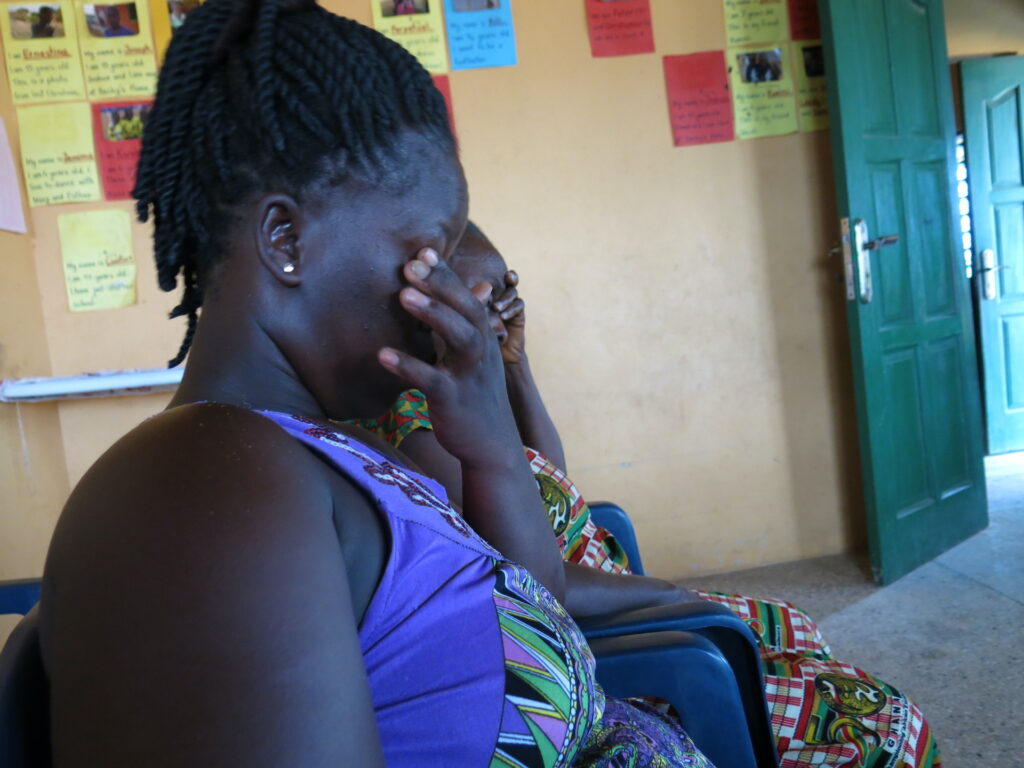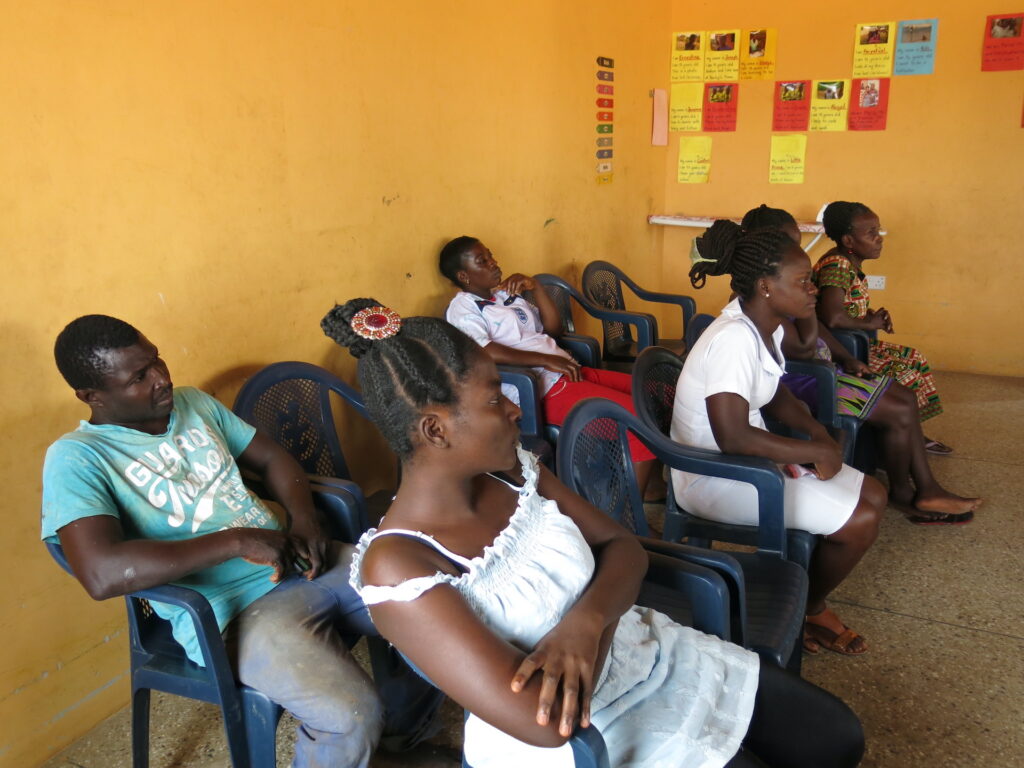Mental Health in Ghana
“It is estimated that of the 21.6 million people living in Ghana, 650,000 are suffering from a severe mental disorder and a further 2,166,000 are suffering from a moderate to mild mental disorder” and the treatment gap is “98% of the total population expected to have a mental disorder”.
Many Ghanaians are living with undiagnosed psychological and mental health issues. According to a situational analysis by the World Health Organisation, we explore how Vocational Impact psychology and mental health volunteer placements can help.
There are approximately 38 psychiatrists to serve the entire population of Ghana, tipping the ratio of psychiatrists to the Ghanaian population to a staggering 1 psychiatrist per every 800,000 Ghanaians.
Adam Danquah, a clinical psychologist who has practised in the UK and Ghana shares his story.
“Over the last six months, I’ve worked in inpatient and outpatient settings with the core client groups – children, adults, older adults, and people with learning disabilities.
I’ve counselled marriages; facilitated support groups for substance abuse and staff; solicited funds for, and designed and implemented, a programme of rehabilitation and reintegration for former child soldiers from the Liberian conflicts.
I’ve run psychology outreach workshops for teachers and church groups; coordinated psychological intervention for people living with HIV/AIDS and their families.”

“The flipside of professional freedom is a lack of established protocol and structures, which can be daunting.
Services are often presided over by a paterfamilias through whom everything is relayed, and hierarchy is felt keenly.
Ghanaian professional culture is bureaucratic and it’s often difficult to get things done. There is also a seeming insouciance that tips into the irksome and absurd when engagements start hours after schedule due to ‘Ghana time’.”
Raising Public Awareness About Mental Health in Ghana
A small group of psychologists and organisations, such as the WHO, are raising public understanding of psychological distress and the importance of addressing it. Much of this work falls under the rubric of stress-diathesis or the ‘biopsychosocial’ approach.
People are becoming aware of the deleterious effects of chronic stress and are sympathetic to those who suffer. However, there is a sharp divide between stress-related illness and sheer ‘lunacy’. The term ‘lunatic’ is reserved for those who evince the more severe forms of psychological disorder.
People experiencing, for example, psychosis – more specifically, poor people experiencing psychosis – are perhaps the most marginalised group in society; shunned by their families and, sometimes, psychologists, keen to avoid the stigma. Patients want to be seen by those who deal with the stressed, not the insane. This area is the preserve of psychiatry and the Western medical model.
Many Ghanaians achieve health through indigenous healing methods. Some of these are questionable, but something is felt to be working. Perhaps the common, nonspecific factors that have an important, if undervalued, role in effective psychological therapy are at play here too.

There is an opportunity to tease these out and start to frame psychology in Ghanaian terms. Instead of a bearer of outside invention, I feel that I could be a part of Ghanaian psychology becoming more culturally appropriate.
The extended family is still the most important functional component of Ghanaian society. So much of what we call health- or social care falls within the remit of the family, and clinical work has to be relational and systemic almost by default.
The future for Mental Health in Ghana
There is much to be done in Ghana starting with removing the myths about mental health and popularising psychology. Identifying needs, and psychology will flourish depending on whether this need can be met.
With the discovery of oil off the coast, and the drive to become a middle income economy with a burgeoning, outward-looking middle class, it seems that Ghanaian society is becoming more individuated, isolated and prone to existential crisis.
There appears to be optimal conditions for the growth of psychology in Ghana in the future.
Do you want to be a part of the solution and put your psychology degree to good use? Get in touch and we can help you with community psychology work in Ghana.
Join a Vocational Impact volunteer abroad programme and move your career opportunities into the next level
Would you like to Volunteer with us or know more?
You can read more about Vocational Impact here.
Questions? Would you like to participate? That’s great – feel free to email us or call/whatsapp us on: +44 (0) 7704 129 816
Alternatively, send us a request for more info to begin the process of volunteering, and we’ll be in touch with more details!



